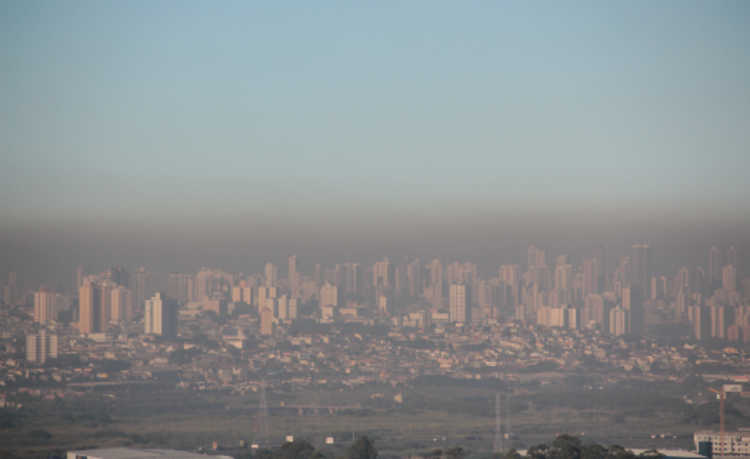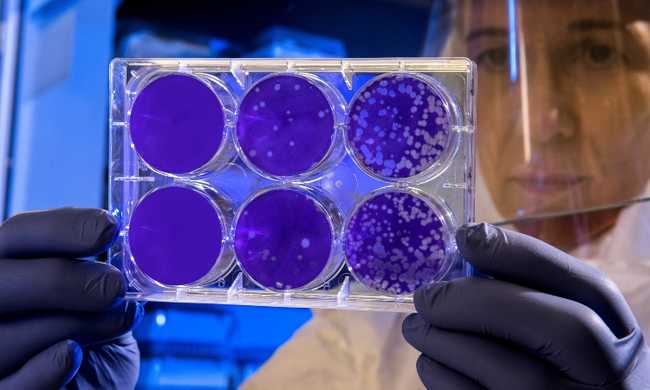Diesel-powered vehicles pollute the environment seven times more and are harmful to health
Research conducted by the University of California shows that vehicles powered by this fuel are responsible for 80% of pollution in the country

The fleet of vehicles powered by diesel in San Francisco, in the US state of California, is only 10%, a number much lower than cars that use gasoline. These 10% are responsible for about 60% of the production of secondary organic aerosols (AOS), particles that are harmful to human health.
In a survey conducted by the University of California at Berkeley, across the country, diesel is responsible for 80% of the emission of these particles. The studies were the first to compare the production of AOS in the atmosphere from automobiles powered by diesel and gasoline.
AOS are responsible for 90% of damage to human health from car exhaust pollutants. They are formed in the atmosphere from gases that are emitted by motor vehicles and also help to aggravate global warming, in addition to having a long-term effect similar to that of cigarettes.
Diesel was already known to be highly polluting, emitting black carbon and primary aerosols, as well as nitrogen oxide. According to researches, diesel is a pollutant and has 6.7 times greater potential to form secondary aerosols than gasoline. In June 2012, the International Agency for Research on Cancer - International Agency for Research on Cancer, free translation - (IARC), linked to the UN, had already classified diesel engine emissions as carcinogenic to humans (see more in the article " High exposure to diesel emissions causes lung cancer, says agency").
Brazil
In Brazil, professors from USP, in partnership with professionals from PUC-RJ and Petrobras, also carried out studies and experiments similar to those carried out in the USA to identify secondary aerosol emissions in the cities of São Paulo and Rio de Janeiro.
According to experts interviewed by Veja magazine, this is a matter of public health. Studies carried out by the Faculty of Medicine of USP reveal that in São Paulo there are approximately four thousand early deaths per year from diseases caused by secondary and primary aerosols.
The research will direct attention to the inspection of diesel-powered vehicles and reinforce the need for new projects and solutions to this problem. Brazilian fuels are more concentrated in sulfur and hydrocarbons, unlike European models. Recently, Brazil launched regulations to reduce the amount of these substances, but the adoption of cleaner fuels could still take a few years.
- Access the full American survey










